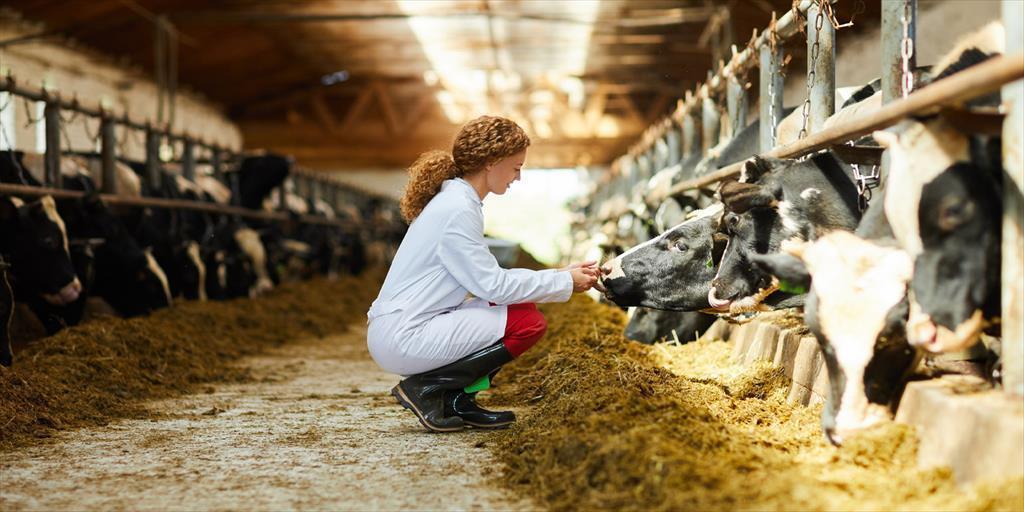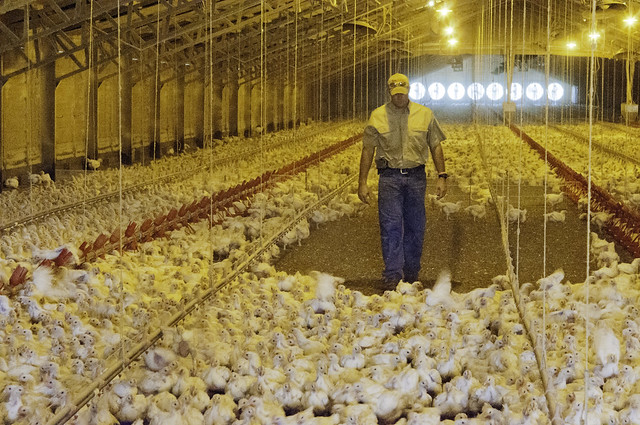In the current era of the increasing interconnectedness of global trade and interconnectedness, biosecurity in the farm has emerged as an essential concern for agriculture populations across the world. “Biosecurity” is a broad term that refers to “biosecurity” encompasses a range of methods and strategies designed to protect animals and farmlands from propagation and spreading of infectious diseases as well as pests and bio-hazards. The potential for these threats to destroy crop yields, cause harm to livestock and cause disruption to food supply chains maintaining robust biosecurity practices isn’t just a matter of choice however it’s a must for farmers. This article examines the significance of biosecurity in the farm and its essential components and the crucial importance it plays in the long-term viability of the agricultural sector.
Biosecurity involves a range of strategies which has a primary objective of stopping the establishment, entry, and spread of dangerous species on farms. The initial security measure in farm biosecurity usually begins around the border. It is about control of entry to farms, observing the movement of persons or vehicles as well as maintaining a secure fence. The restriction of access for those who are not authorized helps to reduce the chance of contamination from materials and pathogens or pests that are introduced to the farm. These can result in devastating effects for animals and crops. In the beginning, implementing these control measures could require investment and planning however the benefits over time are far greater than the cost.
Beyond physical barriers, ensuring biosecurity requires an ongoing monitoring. Farmworkers and agricultural workers should be aware of the dangers and repercussions of breaches in biosecurity. In training, employees are taught to identify signs of illness or pests as well as the correct responses. In addition, having a clearly defined line of communication within the farm as well as with appropriate officials is crucial. If there is an outbreak or a contamination, swift communication and collaboration can reduce the effects and stop the spread of infection. Quick detection and prompt reaction are essential elements of biosecurity in the farm.

Livestock play a crucial role in the agricultural sector and the health of their animals is crucial to the sector’s sustainable. Biosecurity practices extend to control of livestock as well as their environment. Protocols for quarantine of newly purchased animals, health checks on a regular basis and vaccinations are vital to maintaining the biosecurity of livestock. Furthermore, farm structures including pens, barns and feed areas should be maintained and designed in order to reduce the chance of transmission of diseases. Cleanliness and proper disposal techniques are crucial in stopping spreading pathogens between livestock. Inability to follow these guidelines may result in outbreaks of diseases that can not just harm animals but can also negatively impact the financial sustainability of the farm. For more information please visit here Sunzencorp
The production of crops is also susceptible to biosecurity risks, with pests, pathogens as well as invasive species, posing serious risk. Implementing measures to protect crops from biosecurity threats requires strict surveillance, integrated pest control and the use of crop rotations in order to decrease the chance of pests or diseases accumulating. Incorporating new plant materials into a quarantine system and conducting periodic inspections as well as implementing rigorous sanitation procedures are vital steps for protecting the crops. When it comes to genetically modified and specialized crop varieties, ensuring isolation distances to avoid cross-pollinating is crucial for ensuring the purity of their genes. With these methods they can ensure the quality and health of their crops, while also reducing the requirement for chemical intervention.
The globalization of the world and climate change has made more complex the issue of farm biosecurity. A rise in traveling and trade between countries means that movement of products and individuals across countries may pose new dangers for agriculture. As a result, governments and international organisations have set up norms and regulations to limit these threats. Farmers should be aware of the regulations and requirements for compliance including the restriction of imports, quarantine processes as well as certification programs. Making sure that they are engaging in ethical trade methods and observing international standards is not just good for the land, but it also guarantees the access to markets around the world.






Leave a Reply